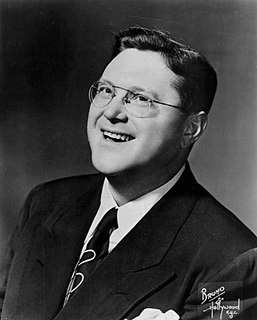A Quote by Mike Lee
The American people want a balanced budget. They want Congress to stop this barbaric practice of perpetual deficit spending. It really, if you think about it, is a form of taxation without representation. We fought a war over that issue and we won that war.
Related Quotes
"What war?" said the Prime Minister sharply. "No one has said anything to me about a war. I really think I should have been told. I'll be damned," he said defiantly, "if they shall have a war without consulting me. What's a cabinet for, if there's not more mutual confidence than that? What do they want a war for anyway?"
In every major war we have fought in the 19th and 20th centuries. Americans have been asked to pay higher taxes - and nonessential programs have been cut - to support the military effort. Yet during this Iraq war, taxes have been lowered and domestic spending has climbed. In contrast to World War I, World War II, the Korean War and Vietnam, for most Americans this conflict has entailed no economic sacrifice. The only people really sacrificing for this war are the troops and their families.
One of the reasons it's important for me to write about war is I really think that the concept of war, the specifics of war, the nature of war, the ethical ambiguities of war, are introduced too late to children. I think they can hear them, understand them, know about them, at a much younger age without being scared to death by the stories.
It is my view that what is important is cutting government spending, however spending is financed. A so-called deficit is a disguised and hidden form of taxation. The real burden on the public is what government spends (and mandates others to spend). As I have said repeatedly, I would rather have government spend one trillion dollars with a deficit of a half a trillion than have government spend two trillion dollars with no deficit.
There is a concerted effort to keep you and me, you know, the people, away from what it [war] really looks like, 'cause when you're selling war, when it's such a big industry. What they don't tell you is the rest of it and the down side of it. And so obviously there is a lot of money and a lot of time and effort being spent on that campaign "perpetual war for perpetual peace".

































